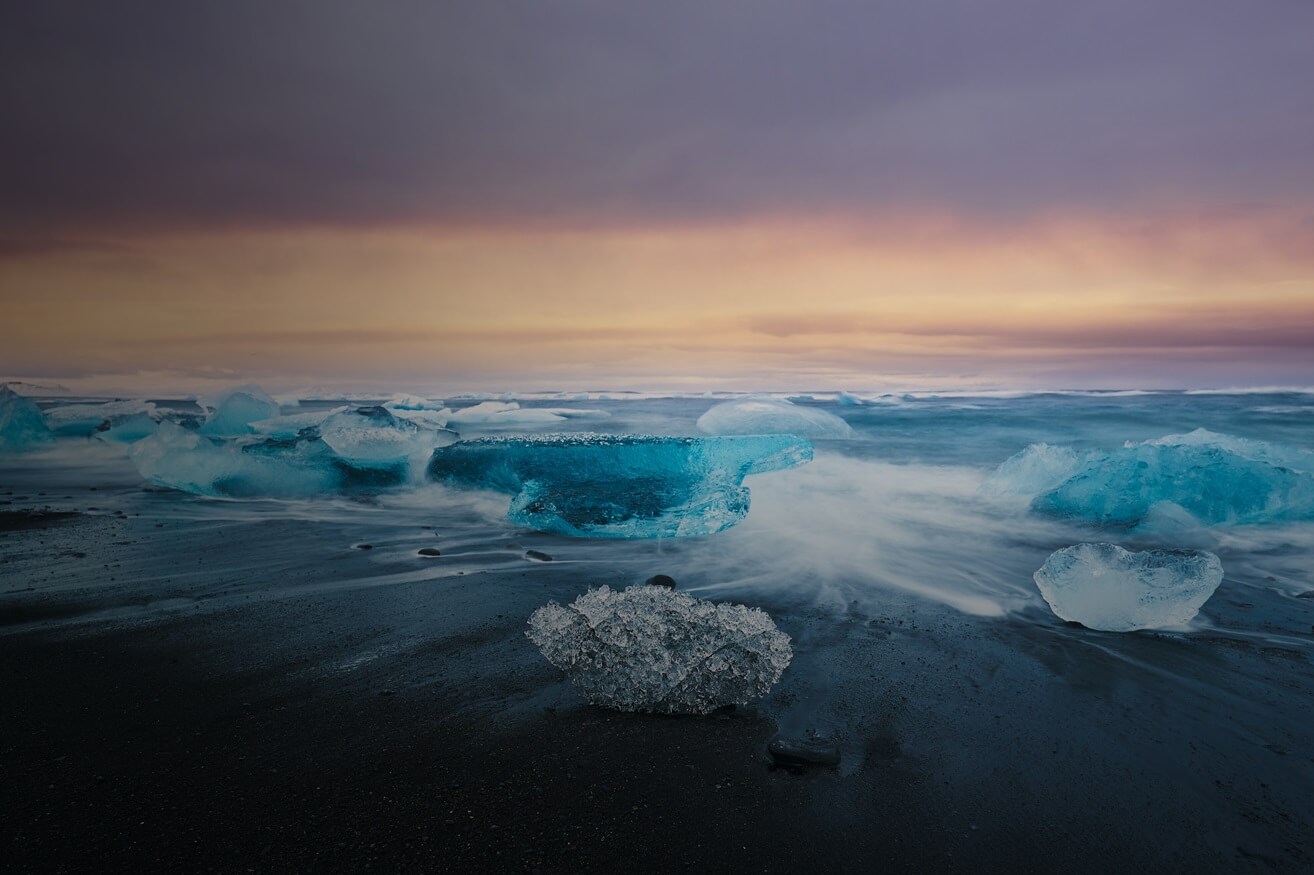
Peer nomination required
Recognizing Significant Early Career Contributions To Sun-Earth Systems Science
The Sunanda and Santimay Basu International Early Career Award in Sun-Earth Systems Science is presented annually to an early career scientist from a developing nation. The award, established in 2008, recognizes significant work that shows promise of making outstanding contributions to research in Space Physics and Aeronomy Sciences and furthers the understanding of plasma physical processes or advances their applications for the benefit of society.
This award is made possible by a generous contribution from AGU members Sunanda and Santimay Basu.
- Award certificate
- Recognition in Eos
- Recognition at AGU's annual meeting the year the honor is awarded
- Registration to AGU's annual meeting the year the honor is awarded
- Airfare and housing to attend AGU's annual meeting the year the honor is awarded
- A ticket to the Space Physics and Aeronomy section event at AGU's annual meeting the year the honor is awarded
- A three-year AGU membership
About the Space Physics and Aeronomy Section
The Space Physics and Aeronomy (SPA) Section is united by its interest in the Sun, the heliosphere (the region around the Sun that is permeated by the solar wind and the interplanetary magnetic field), and the upper atmospheres and magnetospheres of solar system planets and small bodies. To maintain the integrity of its scientific endeavors and to make participation in AGU activities more manageable, the Section is organized into three subsections:
- Concerns of the Aeronomy (SA) subsection include the Earth’s ionosphere, thermosphere, and mesosphere, auroras and airglow, lightning, and planetary atmospheres and ionospheres.
- Researchers affiliated with the Solar and Heliospheric physics (SH) subsection study the solar wind, coronal heating, flares, coronal mass ejections, magnetic reconnection, collisionless shocks, and helioseismology.
- The Magnetospheric physics (SM) subsection’s focus is on geomagnetic storms, magnetospheric substorms, the magnetic fields and currents of the magnetosphere, the magnetopause, and the magnetospheres of planets and small bodies in the solar system.
All in the SPA Section share in the challenge to plan future space investigations that will lead to new discoveries. To generate excitement and understanding of space physics and aeronomy among the public, the SPA Section is involved in a number of educational initiatives.
The Space Physics and Aeronomy (SPA) Section is sponsored by Ball and Lockheed-Martin.
Eligibility
- Nominees must live and work in or have obtained a PhD from a developing country
- be an early-career scientist within 10 years of receiving their Ph.D. or highest equivalent degree

